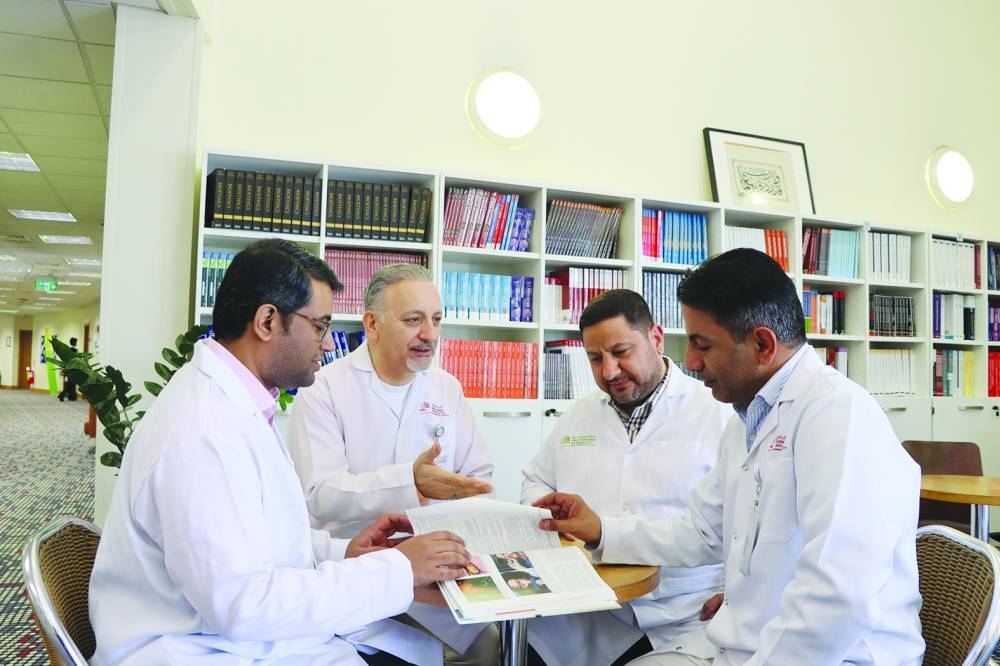Researchers at the College of Nursing, Qatar University (QU), in collaboration with peers from King Khalid University, Saudi Arabia, and Zarqa Private University, Jordan, have made a discovery that could transform the treatment of diabetic retinopathy.
Their study reveals that a natural compound found in tomatoes, Esculeoside A (ESA), shows promise in preventing the retinal damage that often leads to blindness in diabetes patients.
Diabetic retinopathy, caused by high blood sugar and lipid levels damaging the retina, remains a leading cause of vision loss in people with diabetes.
Published in the Elsevier journal Biomedicine & Pharmacotherapy, the study demonstrates that ESA can significantly reduce retinal damage in diabetic rats by lowering oxidative stress, inflammation, and cell death through the activation of the Nrf2 pathway.
This discovery suggests ESA could play a crucial role in halting the progression of diabetic retinopathy.
Dr Mahmoud al-Khateeb, a lecturer of pre-clinical affairs at the College of Nursing at QU, and the study's corresponding author, heralded the findings as a beacon of hope for diabetic patients worldwide.
“In our shared endeavour, we have cast a beacon of hope for diabetic patients worldwide. The discovery of ESA’s potential in guarding against diabetic retinopathy marks a pivotal moment in medical research,” Dr al-Khateeb said.
The study involved type-1 diabetic rats treated with ESA, which showed significant improvements in retinal health without altering blood sugar or lipid levels.
Researchers employed meticulous biochemical analyses, histological examinations, and advanced molecular techniques to uncover ESA's mechanisms. Unlike existing treatments, which often come with high costs and significant side effects, ESA offers a natural, potentially safer alternative.
Despite the promising initial findings, further research is necessary to fully understand ESA's mechanisms and efficacy across different stages of diabetic eye disease.
The researchers plan to conduct advanced laboratory tests and clinical trials to ensure ESA's safety and effectiveness in humans.
Dr Hisham al-Shaikhli, assistant professor at the College of Nursing at QU, and co-principal investigator of the study, emphasised the importance of ongoing research stating, “As we explore the potential of ESA, we know there is much we do not understand. We need to study it more in labs. We are so committed to learning more through careful clinical trials to make sure ESA is safe and effective for real-world use.”

The researchers of the study
